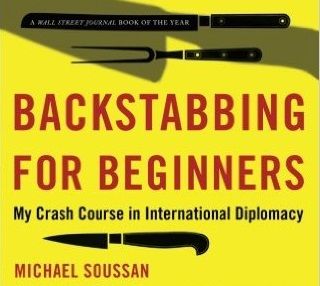A new international film concerning the Oil for Food Program scandal at the United Nations will film a number of scenes in Copenhagen in the near future.
The film, ‘Backstabbing for Beginners’, is a thriller about a young program co-ordinator at the UN who stumbles upon a conspiracy involving Iraq’s oil reserves, and so far British actors Ben Kingsley (‘Ghandi’) and Theo James (‘Divergent’) have signed up for key roles.
Danish director Per Fly has been hired to helm the film, which will be his first international project following domestic success with ‘Drabet’ and ‘Arven’, and he has indicated the production will be in Copenhagen in April to film some of the scenes.
“It’s important for me that we come to Copenhagen and shoot parts of the film,” Fly said in a press release.
“Despite the fact that the actors speak English and ‘Backstabbing for Beginners’ is an international story about corruption, it’s important for me that a Danish audience can relate to the film and want to see it.”
READ MORE: Danish director to recreate Hollywood classic
Tale of UN corruption
Fly is currently working as the conceptual director of DR’s new series ‘Bedrag’ (‘Deceived’) regarding the world of economic crime, and he’s apparently acquired a taste for corruption.
‘Backstabbing for Beginners’ is based on the book of the same name written by Danish author Michael Soussan regarding his personal experiences while working for the UN during the Oil for Food Scandal in the early 2000s.
The Copenhagen Film Fund has invested 3 million kroner into the film, which has a total budget of 58 million kroner.
















